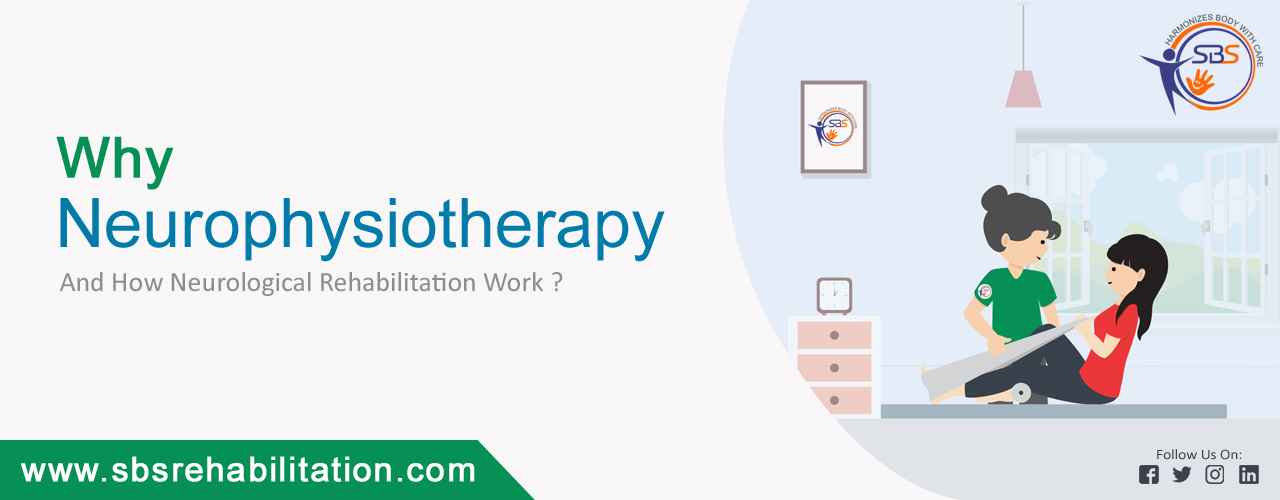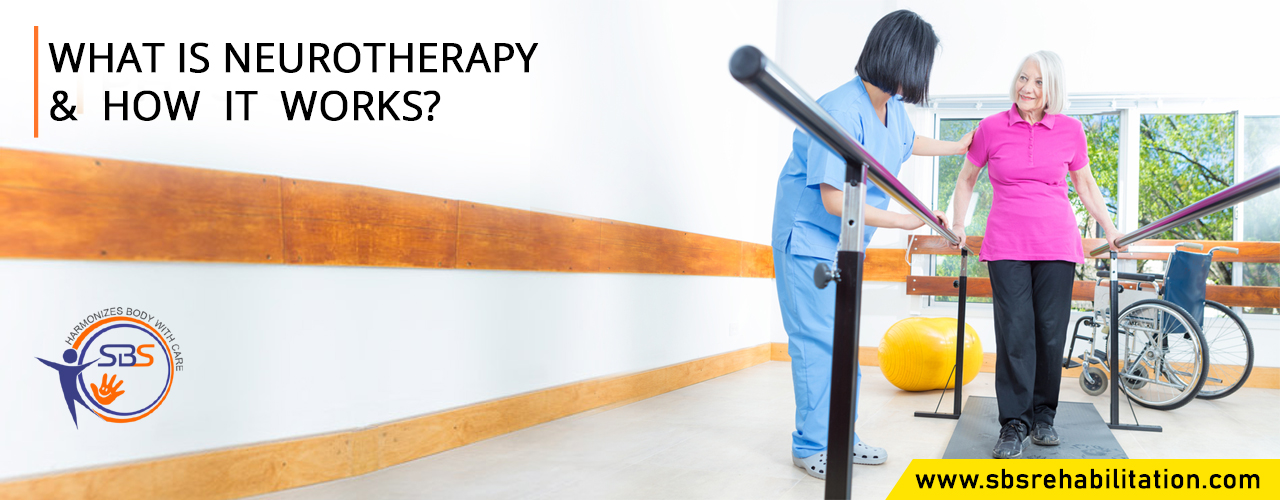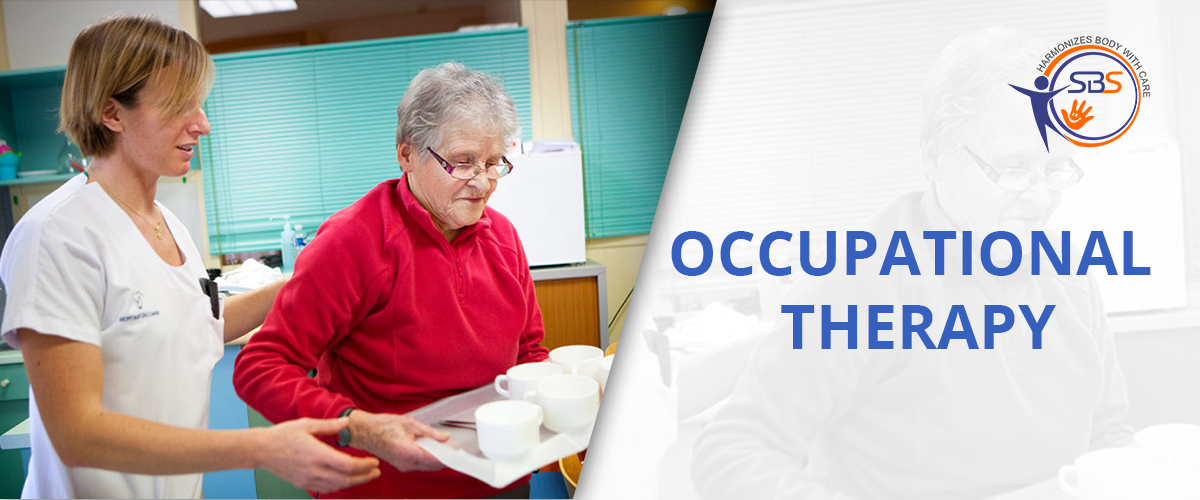
What is Cognitive Behavioural Therapy?
Cognitive Behavioural Therapy (CBT), also referred as Cognitive Therapy is mental health treatment that helps in identifying and changing destructive and disturbing behaviour patterns that may have a negative influence on emotional well-being.
Cognitive therapy majorly focuses on changing the negative thought process that can contribute to one’s emotional destruction, depression and anxiety. The spontaneous negative thoughts increase the chances of suicidal thoughts and one can lose his/ her life.
Cognitive Therapy helps in identifying this kind of behaviour and also helps to replace these thoughts with more realistic thoughts. It has shown effective results in helping people learn alternative thinking patterns and behaviour. It will help in improving the patient’s way of thinking and they start feeling better.
CBT helps in exploring the relationship between behaviour, thoughts and feelings. It has evolved from two prominent schools of psychology i.e., cognitive therapy and behaviourism.
Roots of Behavioural Therapy (Behaviourism)
Since the early 1990,s, behavioural therapy for mental disorders has been going on. Prime enthusiasts like Skinner, Watson and Pavlov developed the crucial theories of behavioural treatment. It is always assumed that behaviour can be measured, modelled and changed and that is why the theories of behaviourism came into light.
The first wave of behavioural therapy started in 1930/40s due to emotional impacts faced by the World War II veterans returning from the war. This need for short- term therapy for their anxiety and depression built up the need of research on behaviour. They started researching how people learn to reach and behave to different situations of life.
Roots of Cognitive Therapy
Albert Ellis, an American psychologist, was one of the prime figures who developed the cognitive therapy. He devised a theory known as rational emotive behaviour therapy (REBT) in 1950s and focused on the importance of thoughts, behaviour and feelings. REBT is now considered as one of the earliest forms of Cognitive Therapy. This theory is based on the fact that an individual’s emotional disturbances arises due to the negative thought process about any particular event that might or might not have happened.
In 1950/60s, the American psychiatrist T. Beck noticed a few similar patterns in his depressed clients. They seemed to hold negative views of self, others and their own future, and no matter how much exploration of their past occurred, these negative views never shifted. Due to this reason, he started the research whether holding on to the negative thoughts about self or the others might be a part of the reason of someone’s depression. This led to a deeper research on cognitive therapy.
Automatic Thoughts in Cognitive Therapy
Aaron T. Beck finally understood the importance of connection between thoughts and feelings and called it with a term “automatic thoughts”. It is to describe the thoughts that automatically pop up in an individual’s mind. He discovered that people can identify and report these thoughts even if they are not always aware of them. He found that people who have negative thoughts are tend to be unrealistic and by challenging their thought process, positive and long lasting changes can occur.
By the end of 1960, various studies were conducted to see how cognition affect the emotions, thoughts and behaviour of the individuals. This period was popularly known as the cognitive revolution.
Combining Both the Approaches
Behavioural therapy proved to be successful in treating various number of conditions including anxiety and numerous phobias. By the time, popularity of the cognitive therapy began to rise, therapists commenced using behavioural techniques. They incorporated behavioural techniques with cognitive therapy to successfully treat some major mental disorders.
Though each of these approaches have different emphasis, but, at the same time, both are concerned with what is happening with an individual’s mind and how he/she is responding to it.
Different Types of CBT
There is a wide range of therapeutic approaches that involve Cognitive Behavioural Therapy. We are going to know about a few of them in this article.
- Cognitive Therapy: It literally emphasise on identifying & transforming distorted and inaccurate thinking patterns, behaviours and emotional responses.
- Multimodal Therapy: This therapy suggests to treat the psychological issues by using seven different but interrelated modalities, i.e., sensation, affect, imagery, behaviour, and interpersonal factors, cognition and drugs consideration.
- Dialectical Behaviour Therapy: Dialectical Behavioural Therapy (DBT) addresses behaviours and thoughts while integrating strategies like mindfulness and emotional regulation.
- Rational Emotive Behaviour Therapy (REBT): This therapy involves the identification of irrational beliefs, actively challenging those beliefs and changing the thought patterns to overcome those irrational beliefs.
Issues that can be treated with CBT
Cognitive Behavioural Therapy has been shown as an effective form of therapy to treat various number of psychological issues such as:
- Depression
- Anxiety
- Panic Attacks
- Irritable Bowel Syndrome
- Phobias
- Obsessive Compulsive Disorder
- Eating Disorders
- Chronic Fatigue
- Personality Disorders
- Bipolar Disorder
In addition to psychological issues, CBT has proven to be helpful to people cope with the following disorders as well:
- Divorce/ Break-ups
- Insomnia
- Relationship problems
- Chronic pain
- Serious illness
- Grief/ Loss
- Low self-esteem
Benefits of CBT
The elementary concept behind CBT is that the feelings and thoughts of people play a major role in their behaviour. For instance, a person who thinks a lot about plane crashing and runway accidents, is going to avoid travelling by air as much as possible.
The primary goal of CBT is to make people understand that while they have no control over certain aspects of the things happening around the world, they still have control on how they interpret and deal with the situations they are in.
Cognitive Behavioural Therapy as the following benefits:
- Short Term Treatment: The major and most important benefit of CBT is that it is a short term treatment. One can see improvements in just five to twenty expert sessions.
- Transformation of Thinking Patterns: CBT helps people in becoming aware of unrealistic and negative thoughts and thus help to change those thinking patterns that are dampen by your thoughts and feelings.
- Pocket-friendly: CBT is considered to be one of the most affordable therapies as doesn’t involve any kind of high end equipment to get conducted.
- Time Saving: Cognitive Behavioural Therapy can be conducted face to face as well as online. This means you can also save your travel time and can take your sessions as per your comfort level.
- Treatment of Abnormal Behaviour: CBT may also be helpful in treating a wide range of maladaptive behaviours in a very short time.
- Development of Coping Skills: Last but not the least, CBT helps people to develop the coping skills that might help them in future as well to handle very critical and difficult situations of life.
All these benefits make CBT a very helpful and important therapy, when it comes to the treatment of the most of the psychological and behaviour issues in a person.
How to Get Started with CBT
If you or any of your loved one is facing the psychological or behaviour issues mentioned above and getting confused over how to overcome this? Then, you or your loved one might benefit from this therapy by considering the following steps:
- Consult with your physician: You may check the directory of certified psychological therapists offered by the National Association of Cognitive Behavioural Therapists or consult with your trusted physician to locate a licensed and experienced professional nearby.
- Prioritize your personal preferences: You need to consider your personal choices whether you want to meet your therapist face to face or you need the online sessions.
- Go through health insurance: Before going for the CBT sessions, check out your health insurance if it covers CBT sessions and if yes, then how many sessions they cover per year. This might help you in managing your funds in a better way without compromising the treatment.
- First meeting with the therapist would be similar to a doctor’s appointment. The Therapist may need to know about your medical history, current medications and your symptoms. If you are opting for online sessions, then you might need to fill all these forms online.
- Be prepared to answer questions. You might be asked a lot of questions to clearly identify your symptoms and thinking patterns. So, you need to be prepared to answer those questions honestly.
In the initial stages, you may/ may not feel comfortable answering so many queries. We, at SBS Rehabilitation, make sure to let you feel comfortable throughout the sessions. SBS Rehabilitation Center is one of the best therapy center in Delhi. Our therapists are licenced and experienced professionals. Our sole moto is to provide the most effective treatment in a short span of time.










Leave a Reply